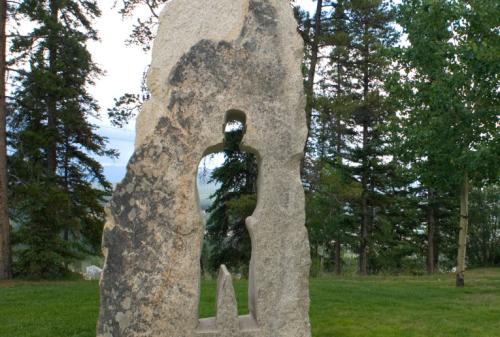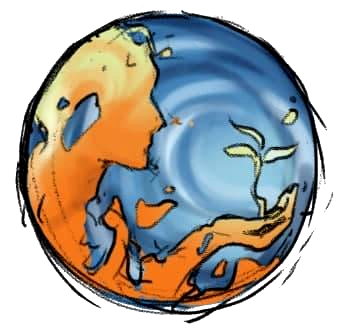Sustainability Education, Sustainable Development and Learning

Sustainability Education, Sustainable Development and Learning
This succinct analysis of sustainability education captures a fundamental tension impeding movement from today's formalized, knowledge-based approaches to education to the lived, cultural, and behavioral aspects of changed practice. It clarifies a significant divide in educational theory and practice that is important for those in the regenerative development field to understand and address as they seek to reshape education for the future.
Although in two parts, you will hardly find a more succinct analysis of the discrepancy between acquiring knowledge that can be applied (and replicates patterns) in today's economies versus learning to transform ourselves and our environments to live differently, and the significant implications of mistaking the former for the latter.
Author Ron Johnston's quote from Shane Gero captures the essence: "Behaviour is what you do, culture is how you've learned to do it." Later he continues: "Education and learning, although intimately linked, are not synonymous."
"On the one hand institutionalized education is an external provision of pre-selected information which reflects the goals of the provider. This is usually information, and values deemed good for society and thus, for the learner to learn. Whereas, learning of itself is an individually motivated assimilation of material made personally relevant or of consequence in the context of the learner’s own goals."
This analysis is relevant to the conception and framing of a broad array of educational and learning objectives for regenerative societies and extends a historical discussion that has played out over decades about the emerging needs and characteristics of educational engagement. This includes early thinking about nature-infused education approaches in secondary education emerging in the 1930s, experiments through the 1960s and ongoing in higher education, and a vast array of organizational learning approaches spanning from Outward Bound and interaction with nature, to Peter Senge and ecology of organizations, and others that continue to develop today.
By Ron Johnston, published in Resilience
Editor's Note: see related article below by Chrisna du Plessis on the built environment exploring how such divisions have played out in official developpment policies over decades and how they might be shifted, much as suggested by Johnston.

